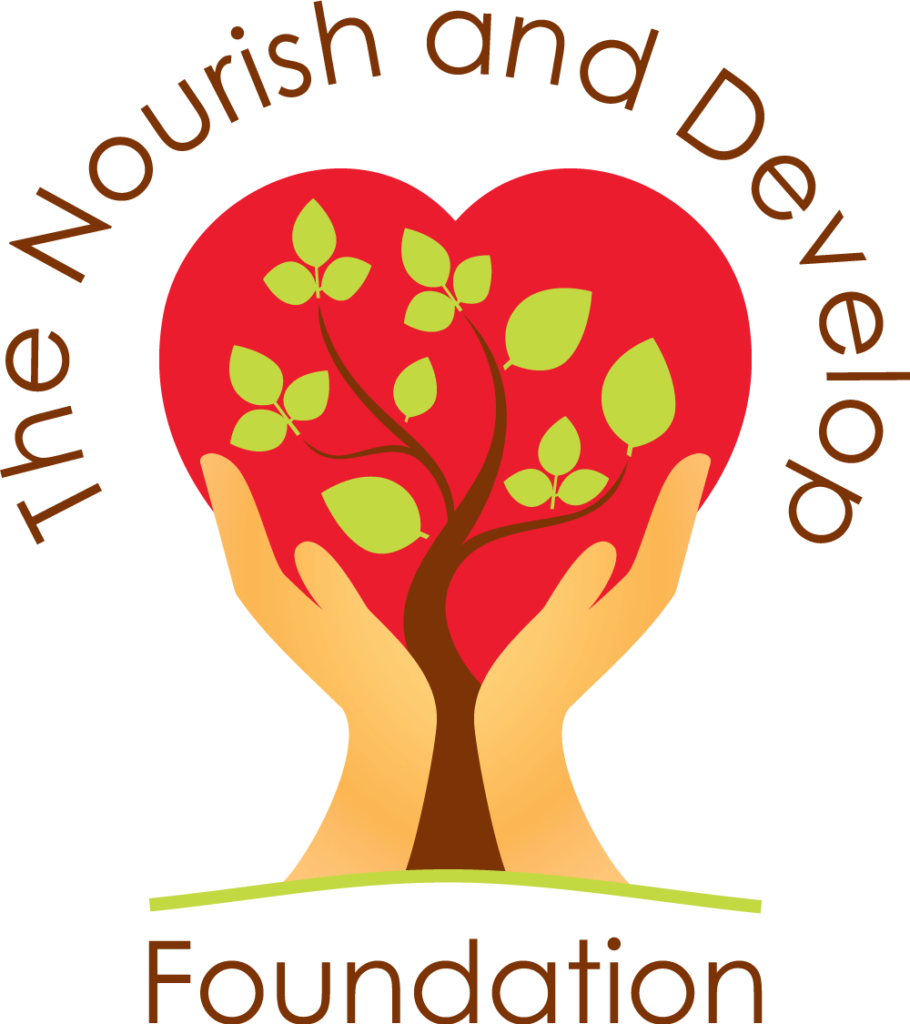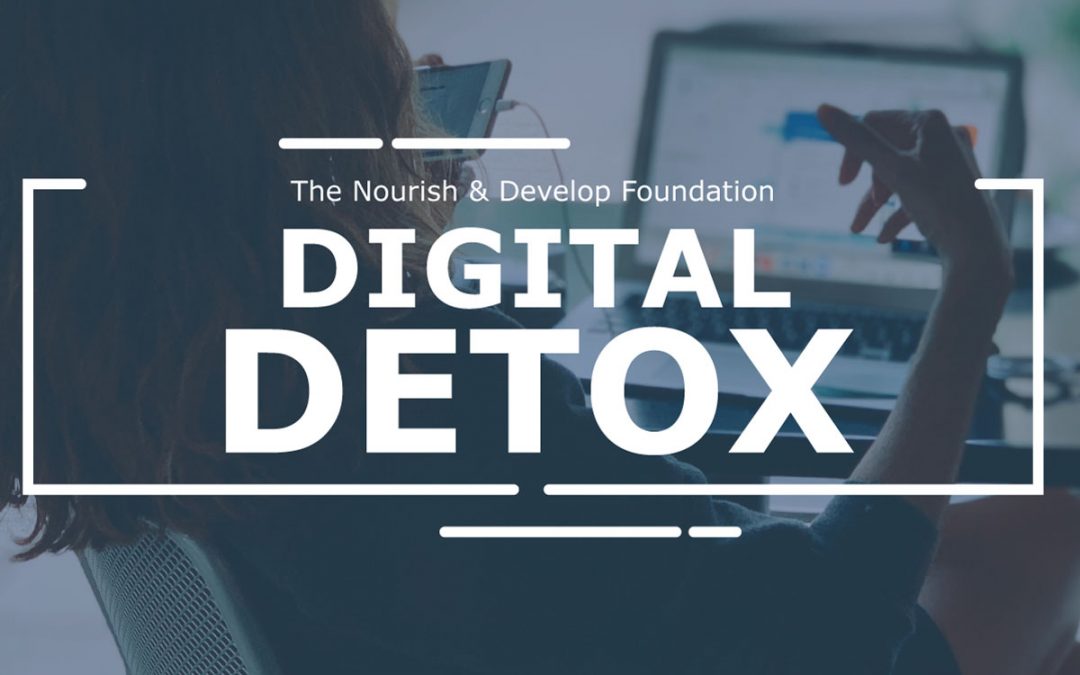Many of our regular obligations have turned into virtual commitments.
Work, school, socializing, shopping, doctor appointments, interviews, fitness classes, you name it! Unfortunately, screen time also serves as a significant source of our entertainment. There is nothing wrong with watching television or playing video games in moderation, and technology is allowing us to stay connected with our loved ones through these difficult times. However, these online activities cannot take up the bulk of our daily engagement without compromising our health. Though it is not realistic to eliminate all virtual responsibilities, we can reduce the time spent on devices browsing through social media, binging Netflix, and reading news stories. Today we encourage you to step away from the screens to give yourself a break from the online world.
Effects of overconsumption
- Eye strain
- Headaches
- Sleep disturbances
- Increased risk of weight gain/obesity
- Lowered self-esteem/lack of self-confidence
- Poor posture
- Susceptibility to chronic health conditions (type 2 diabetes, heart disease, etc.)
- Weakened emotional judgment
- Loss of cognitive ability
- Impaired socialization skills
Nostalgia can be described as a longing, sentimental feeling for a past period which is associated with fond memories or pleasurable associations. One study found that nostalgia is one of the 27 main emotions felt by humans. Examples of nostalgia include:
- Smelling lavender and being reminded of spring at your grandmother’s house
- Listening to a song and remembering how you felt at the school dance when you heard it at 16
- Watching the first snowfall and feeling exactly like it was a winter day from years ago
It is a unique emotion that many people think is bittersweet. It can be comforting, making us feel warm and fuzzy when revisiting the experience but it can also bring about feelings of sadness and loss when we remember that time is now behind us. Remarkably, it is possible for us to use nostalgia in our favour. We can train our brains to ‘hack’ our rewards system, which gives us the same positive responses we get from watching television and receiving likes/comments on our social media posts. It can also help us to feel more connected with ourselves and reinforce what is most important to us.
There is a lot of interesting research about the effects nostalgia has on us, but to use it to your advantage in the context of reducing screen time, try implementing: Throwback Day! Spend a Saturday engaging in activities that bring you back to a happy place. If there are others in your household, get them involved as it might be a new experience for them or invoke a feeling of nostalgia in them as well. Whether it is baking your grandmother’s recipe from scratch, making friendship bracelets with your children, or having a dance party alongside a playlist to old hits, challenge yourself to only revisit things you haven’t done in a while.
Hands-On Activities
Our fingers can get sore from all the typing and texting we do in an average day, so using our hands in different ways can actually create and strengthen neural pathways in the brain. Spare some time in the week to try one of the following tangible examples or come up with your own:
- Playing board games
- Conducting science experiments
- Make animal shadows appear on the wall using your hands
- Colouring
- Making origami
Being exposed to nature can allow us to reap the benefits of better immune functioning, improved mood, and lower levels of stress. Just 20 minutes of experience in nature each day can help us to feel less overwhelmed and feel more in control of our situations. The only catch is that you must be present. Pay attention to the smells, sounds, and sights around you. Feel the fresh air and sun on your face. Think of how fortunate we are to live where we do, how nature knows how to change from season to season. For some, getting out during the winter months can seem intimidating and unmotivating, but all we need to do is properly prepare. Dress appropriately, pack water and snacks, make a plan for where you want to go, and enjoy!
Ideas for outside:
- Have a winter fire in your backyard (if your space allows for it and you have a permit)
- Take photos of nature’s beauty
- Explore Brock’s trails
- Go tobogganing
- Have an outdoor picnic
If going outdoors is not an option, some inside activities can generate similar benefits.
Ideas for indoors:
- Make a bird feeder for wildlife
- Eat seasonally and locally
- Grow herbs or nurture house plants
- Open your curtains or blinds during the day and sit next to a sunny window
- Listen to nature sounds (crashing waves, etc.)
The effects of relaxation should promote an environment to reflect and regroup; eliminate the mental clutter and move forward in a clearer direction.
Mental fitness is just as important as physical activity to keep our brains and emotional health in shape. It does not require intellectual testing, rather exercises that help us solve new problems and to cope with stress. In addition to reading, meditating, and daydreaming, some other activities to build brain muscle include:
Tip: Order brain-game books through your local dollar store or online so you do not need to stare at a screen while completing them or print them off to secure hard copies.
How do you go offline?
Resources:
https://www.tndf.ca/managing-social-media/
Sources:
https://www.bustle.com/wellness/ways-nostalgia-changes-your-brain-according-to-science-12062453
https://www.huffpost.com/entry/benefits-of-nostalgia_n_4031759
https://www.birmingham.ac.uk/research/perspective/nature-wellbeing-covid-19.aspx
https://www.healthline.com/health/depression/mental-fitness#mindbody-connection



